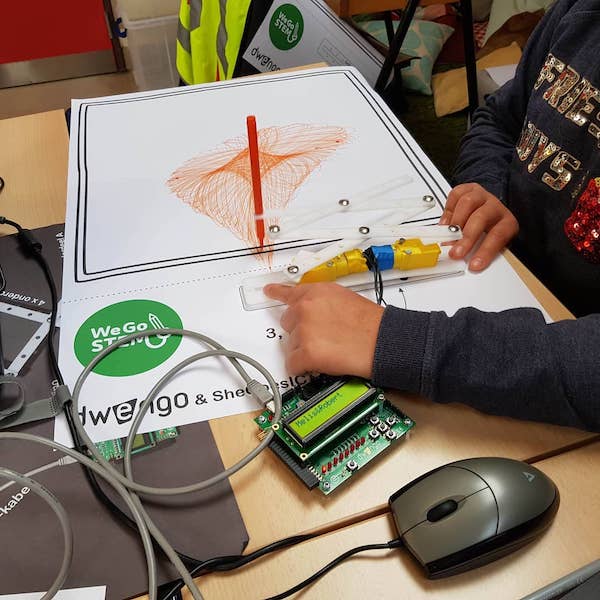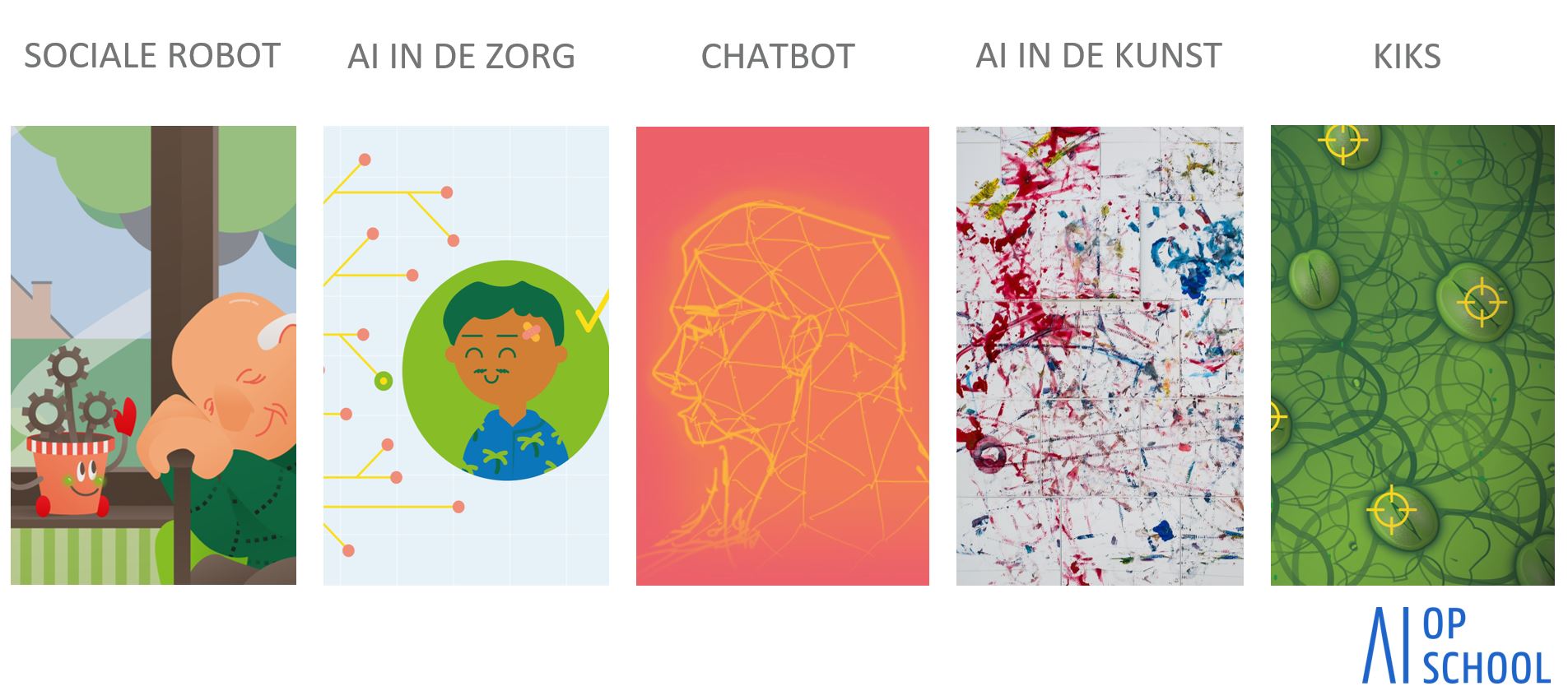outreach
At AIRO we strongly believe in dissemination activities to the general public. We are convinced that the most innovative ideas and greatest progress are the result of diversity. Diversity arising from different cultures, social contexts, and expertise. To realize this vision, basic scientific and technical literacy is needed for everybody. This is not only interesting for research, but also the public in general. A scientific view of the world leads to more informed decision making and opinions in the social debate. This is of high importance given the challenges humanity faces due to climate change, Industry 5.0, and increasing congestion.
We interact with the public using not only education but also citizen science projects. For instance, to collect training data on the folding of cloth - the project “Help Bubbles do the laundry” was set up in the Krook public library in Ghent. This resulted in a highly diverse dataset, with different folding techniques and speeds, that was used to learn a robot to hold this clothing without human intervention.
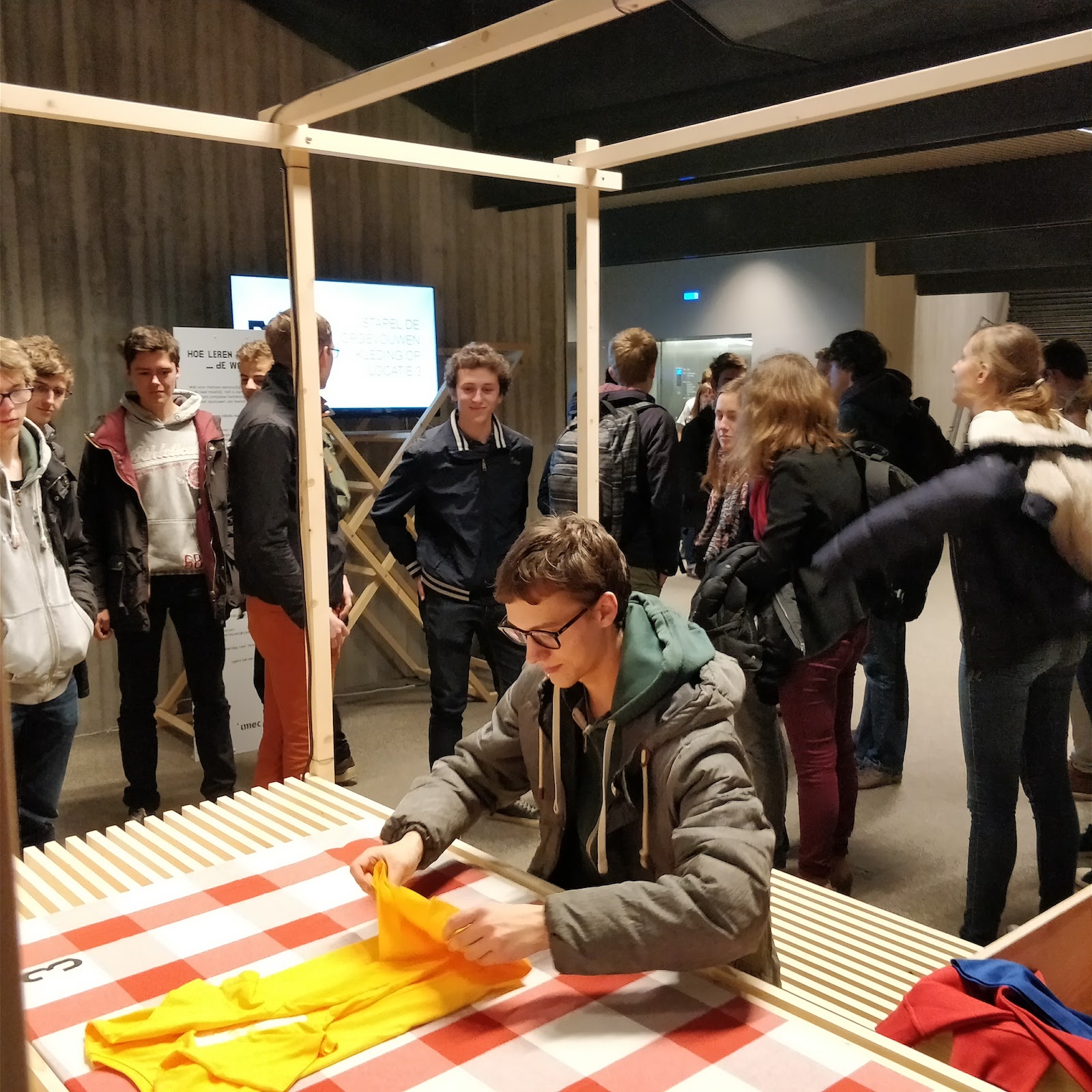
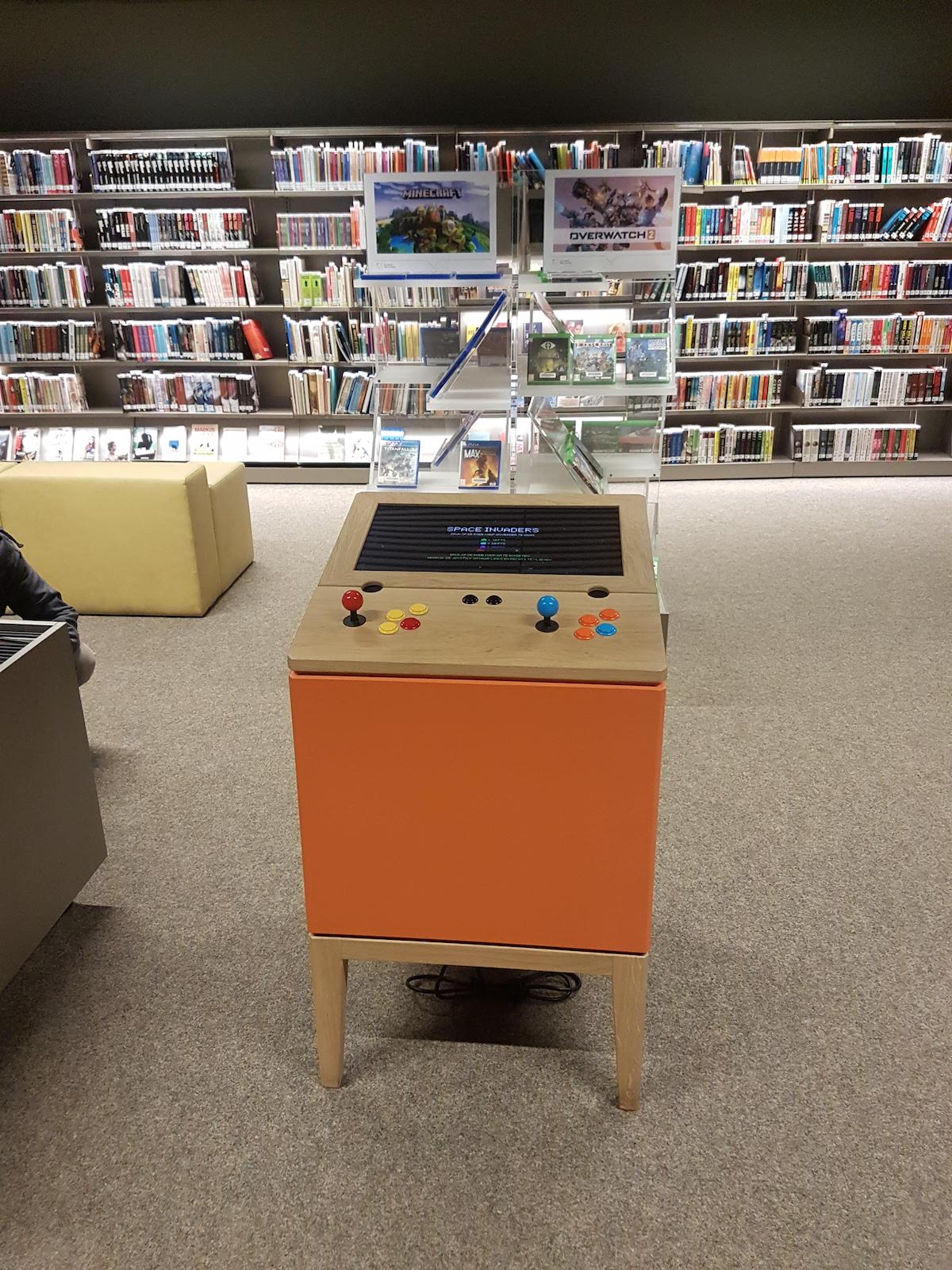
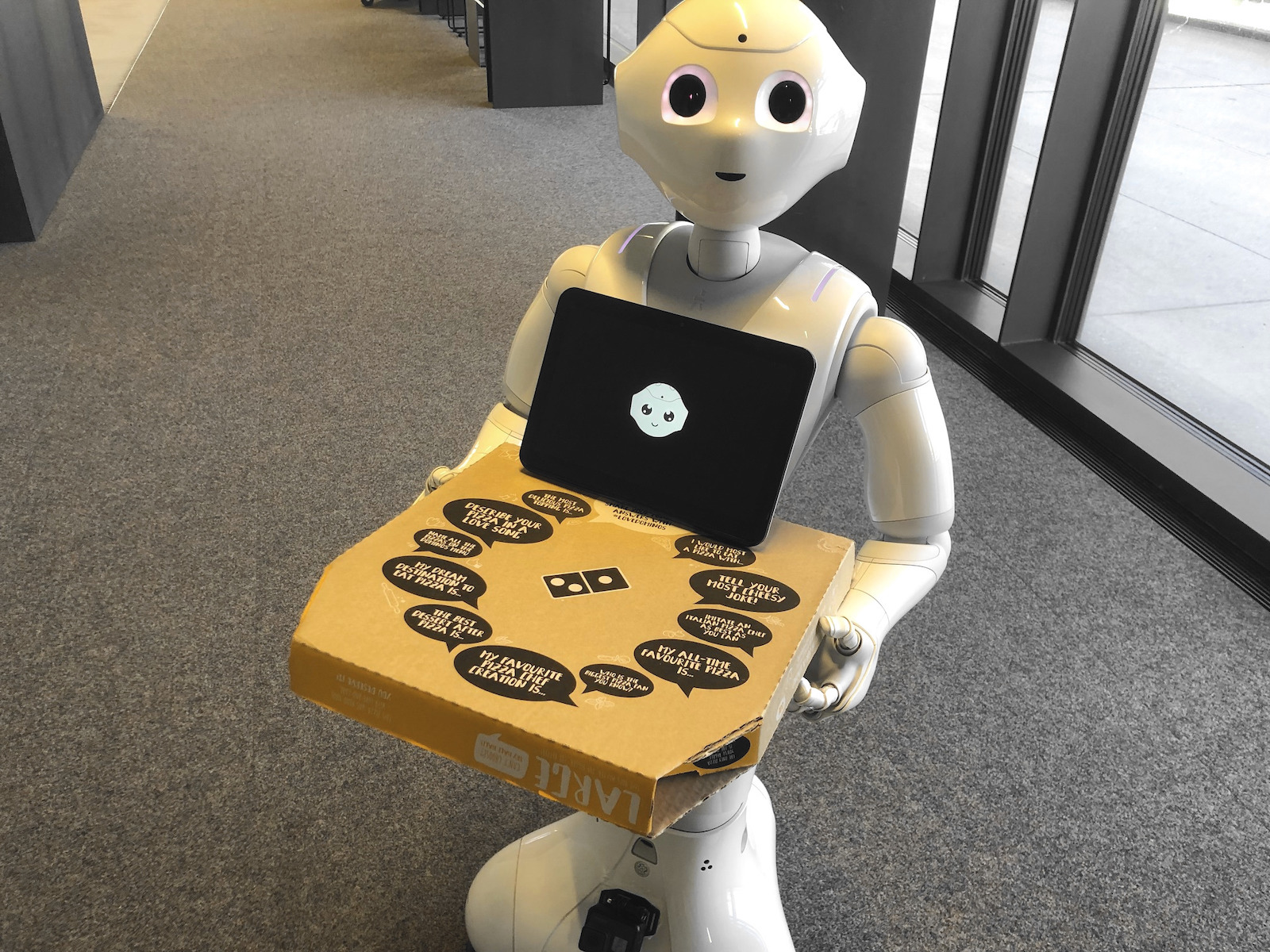
We also co-organize several activities and educative projects often in the context of didactical research. One example of this is Progra-MEER aiming to professionalize teachers on computational thinking, algorithms and physical computing. Furthermore, in collaboration with other partners such as Dwengo, we co-organize multiple educational projects such as a yearly robot competition, WeGoSTEM and AI At School.
The robot competition attracts more than 150 participants every year. Competitors are hobbyists, university students, high school students and even children of only 9 years old.
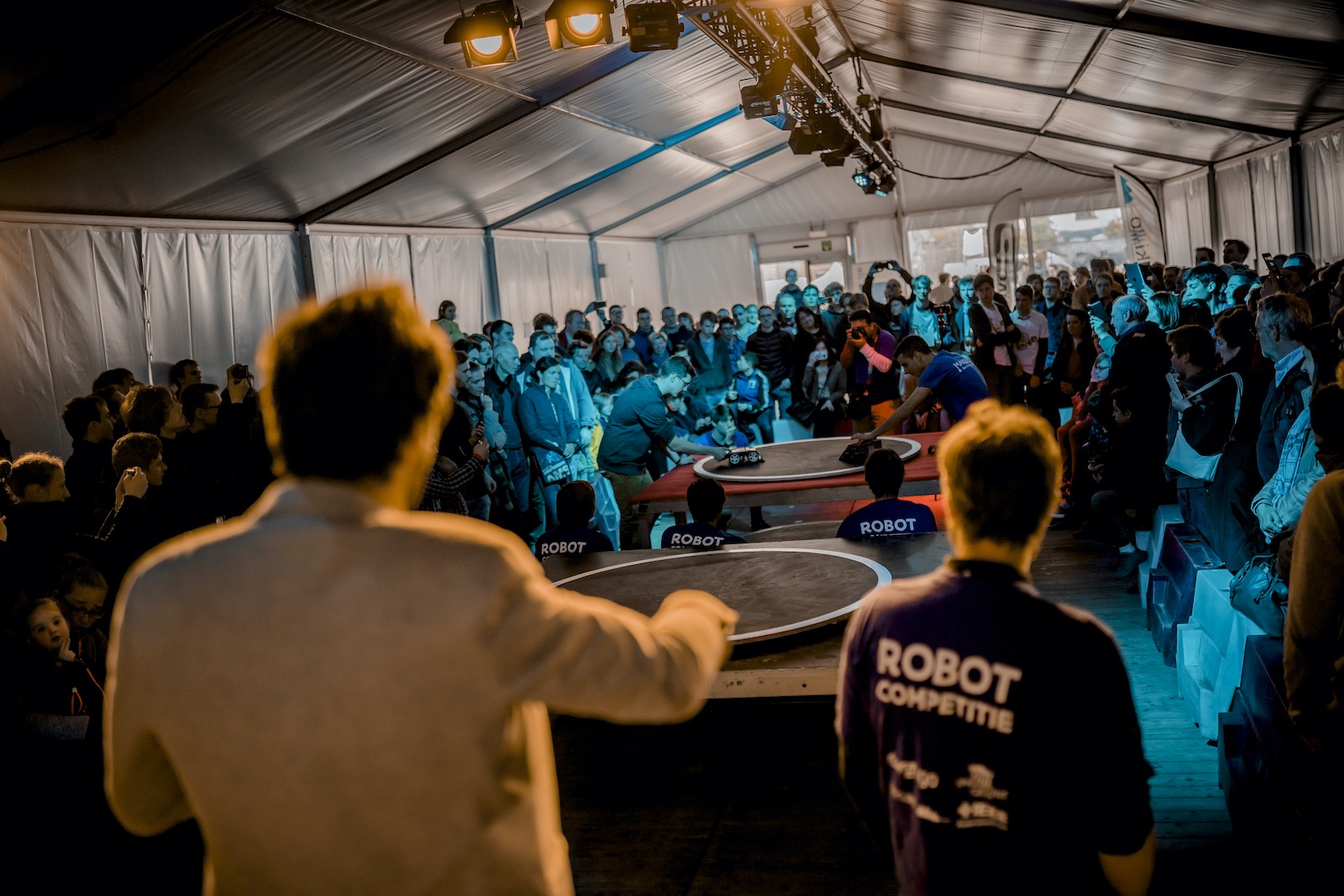
WeGoSTEM trains primary school teachers in STEM education through a guided lesson plan in which children build, program and use a drawing robot. MOOC and enthusiastic ICT-buddy are success parameters.
AI At School is an ambitious project that originated in the necessity that young people should understand the digital world and must be able to participate in it well-informed. The AI At School team (researchers and educators) develops lesson materials on computational thinking, programming and computer science, especially artificial intelligence, for the 6 years of secondary school education. These lesson materials consist of several STEM projects, each in another context. These contexts are chosen to be relevant to society, scientific research is involved, and special attention goes to the ethical aspects of artificial intelligence that arise.
